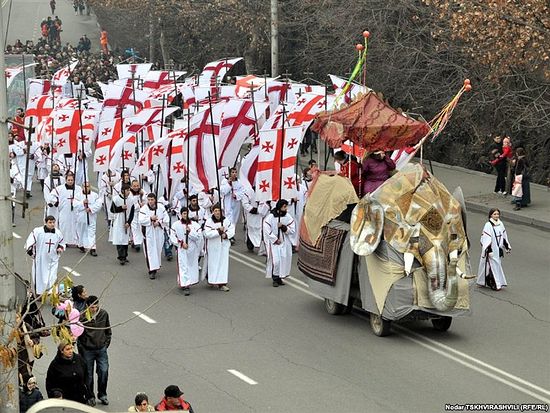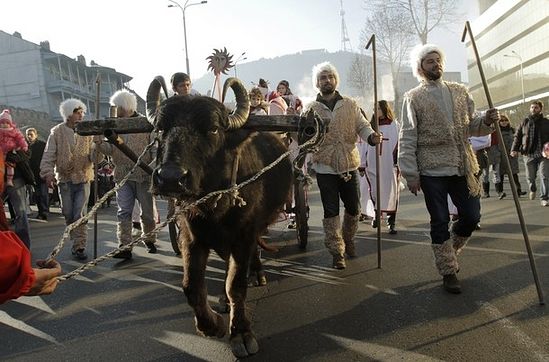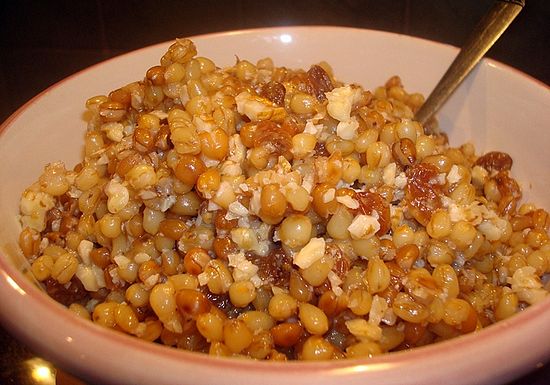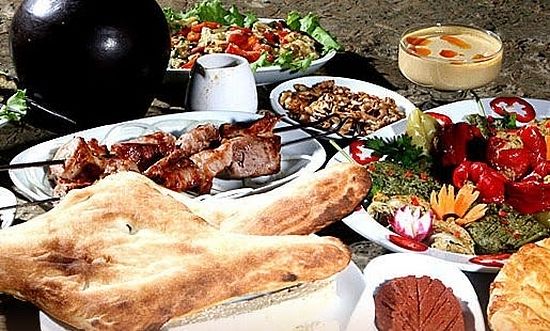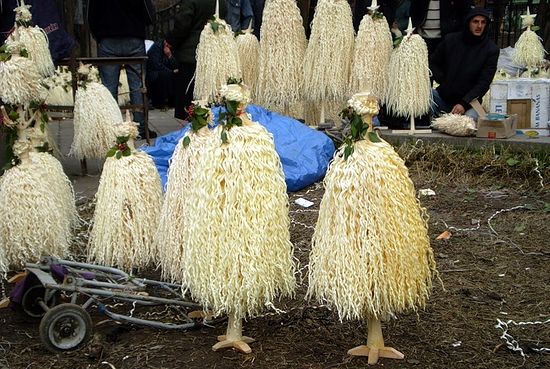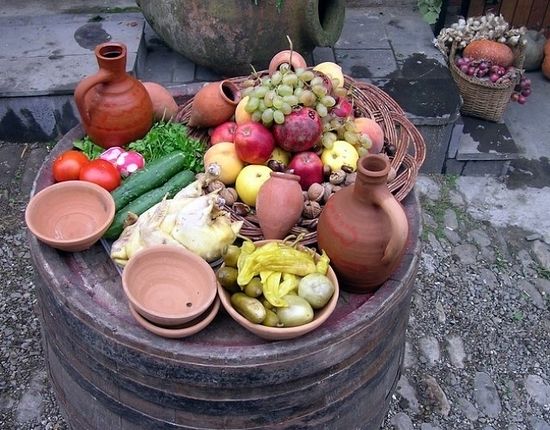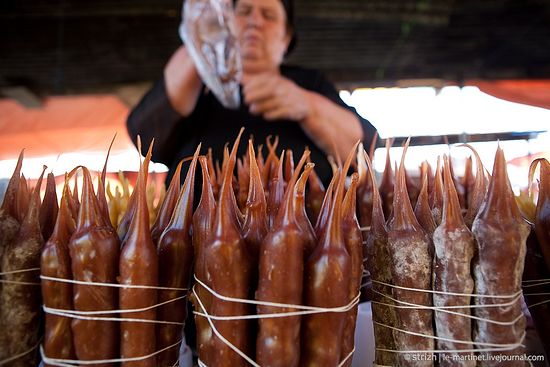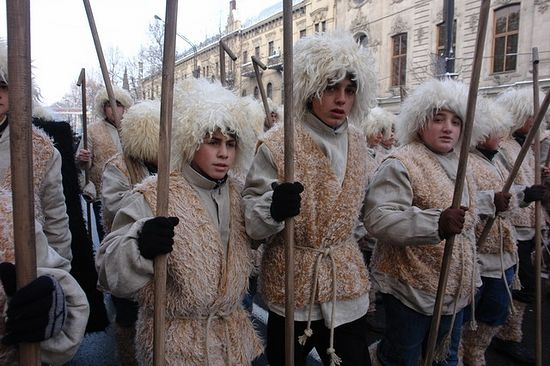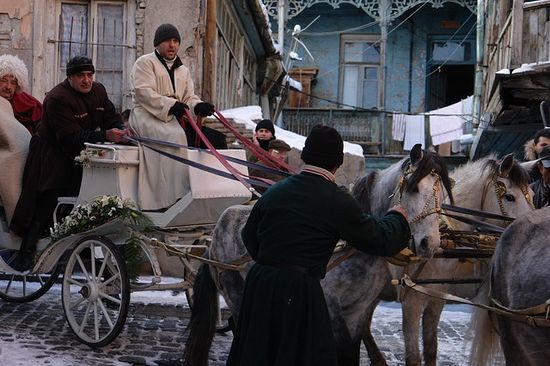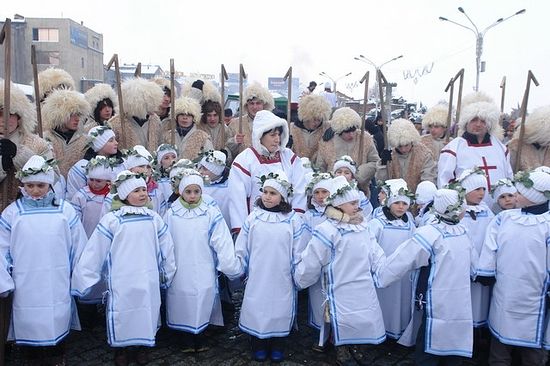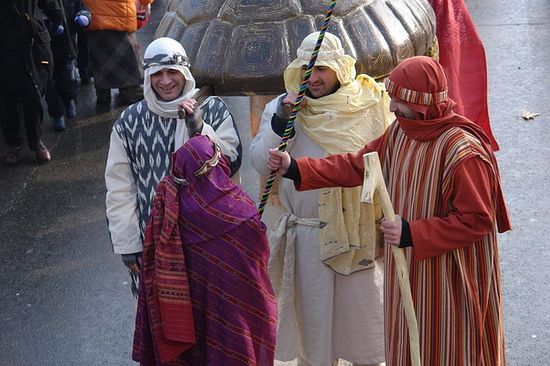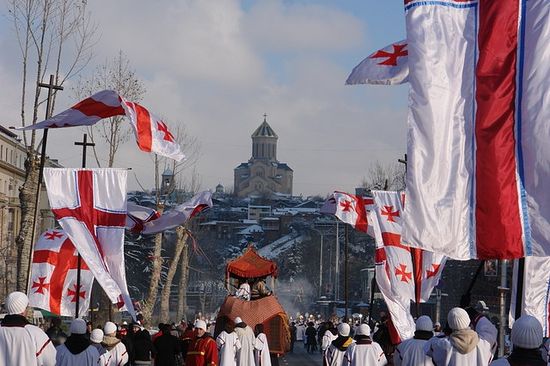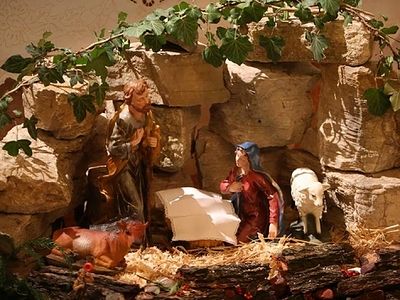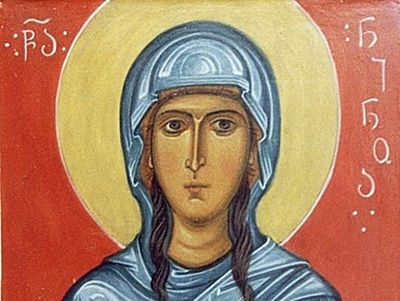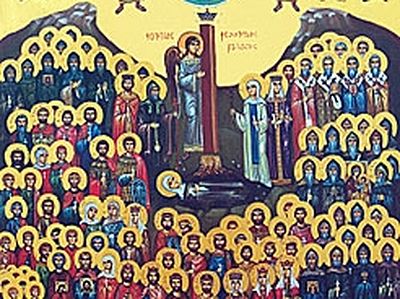The Nativity of Christ is a great feast of the whole of the Christian world, and each country has its own unique traditions of celebration of it. Georgia is no exception in this respect. December 25/January 7 is called in Georgian “Shoba Akhali Tseli”, that is, “Christmas – New Year” (exactly in this sequence). On this day townspeople try to visit monasteries and convents in the country. Everywhere funds are raised to help the needy. Even in the Soviet era, when there were very few active monasteries and churches in most of Georgian towns and villages, the people did not forget this great festival and the tradition of its celebration was never broken.
Celebration of the Nativity of Christ is called in Georgian “alilo” – obviously from the Jewish “Hallelujah”, that is, praising the Lord. Georgians are so deeply excited about the event that happened 2000 years ago in Bethlehem that they can find no words to express their joy other than words of praise. By tradition, initiated by His Holiness Catholicos-Patriarch Ilia II of All Georgia, on the night before Christmas every Orthodox Christian in Georgia lights candles beside their windows; lit candles symbolize the light of Christ which illumines every human being.
Christmas Eve in various regions of Georgia has different names: in Samegrelo it was called “Christ’s evening”, in Guria – “Many years”, in Imerety – “Korkotoba” (that is, “Eve”), in Racha and Lower Svaneti – “Chantloba”, in Upper Svaneti – “Shobi” (“Nativity”), in Kartli – “Christ’s Eve”, in Mtiuleti – “Tkhiloba” (“the Time of hazelnuts”).
Residents of Racha ("რაჭველები"), Georgians who speak their own local dialect, by tradition before Christmas cook special Racha ham and korkoti: a mixture of wheat, sugar, seedless raisins, honey and nuts. In the Parakheti village there is a tradition of walking across the territory of Racha and greeting everybody on the feast with Christmas hymns.
Residents of the region with the center in the city of Kutaisi prefer to invite and receive guests for Christmas. Usually several dozen guests gather at the holiday dinner and, among numerous other various dishes, are treated with a baked pig’s head. And even when the celebration of Nativity of Christ was not encouraged [by the Soviet government], the residents of Kutaisi area nevertheless kept this great day in their memory. A friend of mine related that even under the atheistic Soviet regime, his grandfather on Christmas night would lock himself alone in the room, light candles on all four sides and pray for his family, the country and the entire world.
Guria residents (გურულები) call the feast of Nativity of Christ “Kalanda” (კალანადა). The Christmas table is decorated by chichilaki: a traditional Georgian New Year / Christmas tree. It is composed of a hazelnut stick with long shavings formed with a sharp knife, which look like a crown with curls. On this day it is appropriate to give each other small trees – chichilaki.
The small ethnic nation of Tushini, who live in the mountains in northeastern Georgia, present any choir that performs Christmas hymns for them with a large pie called “allilo katori” (ალილოს კოტორი). On this night they by tradition gather together, have a feast, and admire the night stars. They usually arrange their meal outdoors.
In the Kakheti region (კახეთი) there is a custom according to which many families keep a special jug of wine, called “zedashe” (ზედაშე), until the day of Christmas. Some wine from this jug is donated for serving Divine Liturgy, some is distributed among the poor, and the rest is served during the festal meal. The festive table is always decorated with churchkhela (ჩურჩხელა)– a national Christmas treat. This is a candy in the form of a sausage: nuts on a string are dipped into grape juice, thickened with flour. A Christmas party in Kakheti usually lasts a long time.
20 years ago, with the blessing of His Holiness Catholicos-Patriarch Ilia II of All Georgia the old tradition of “alilooba” was renewed. These are processions of the cross on the day of Nativity of Christ. In Tbilisi festive cross processions usually start from all corners of the city and walk to the Cathedral of the Holy and Life-Giving Trinity, or Sameba Cathedral, where the march participants are met by the clergy and a prayer service is then performed. The main characters of the festive march bear special staffs, church banners and lanterns. Clothed in white robes (usually made of sheepskin), they symbolize the shepherds who by their singing announce the Good news of the Savior’s birth to all the passers-by.
Georgian chant for the Nativity of Christ.
During the cross procession a special Georgian Christmas hymn called “Alilo” is sung. This is three-part singing and is performed only on Christmas day. On the very night of Nativity, as it was 2000 years ago, all Georgian families sing the angelic song: “Glory to God in the highest, and on earth peace, good will toward men” (Luke 2:14).
Troparion of the Nativity ტროპარი:
შობამან შენმან ქრისტე ღმერთო, აღმოუბრწყინვა სოფელსა ნათელი მეცნიერებისა, რამეთუ, რომელნი ვარსკულავსა მსახურებენ, ვარსკულავისაგან ისწავეს თაყუანის-ცემაჲ შენი, მზეო სიმართლისაო, რომელი აღმობრწყინდი მაღლით აღმოსავალთად, უფალო დიდება შენდა.
Kontakion of the Nativity კონდაკი:
ქალწული დღეს არსებად უზესთაესსა შობს ჩვენთვის, და ქუეყანა ქვაბსა შეუხებელსა შესწირვენ, ანგელოსნი მწყემსთა-თანა დიდების მეტყუელებენ, ხოლო მოგვნი ვარკულავისა-თანა მოზაურობენ, რამეთუ ჩუენთვის იშვა ყრმა ახალი, პირველ საუკუნეთა ღმერთი.
